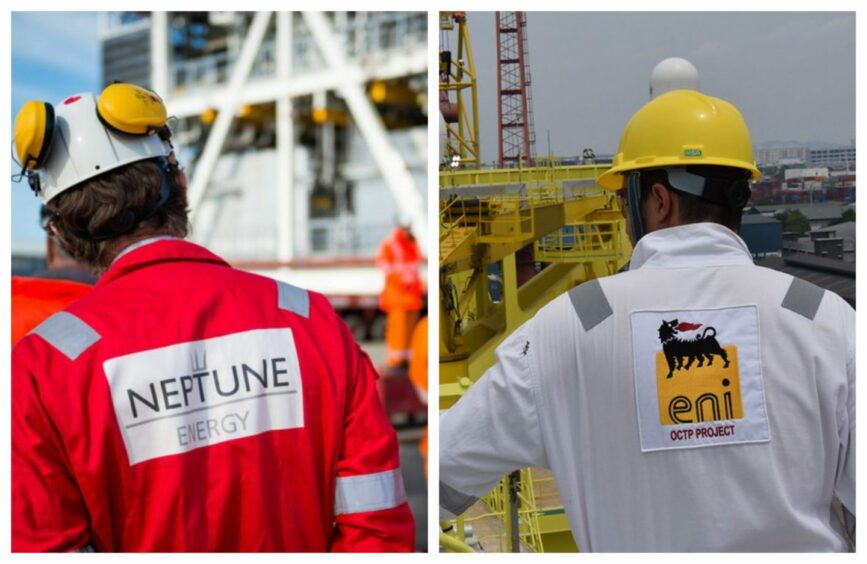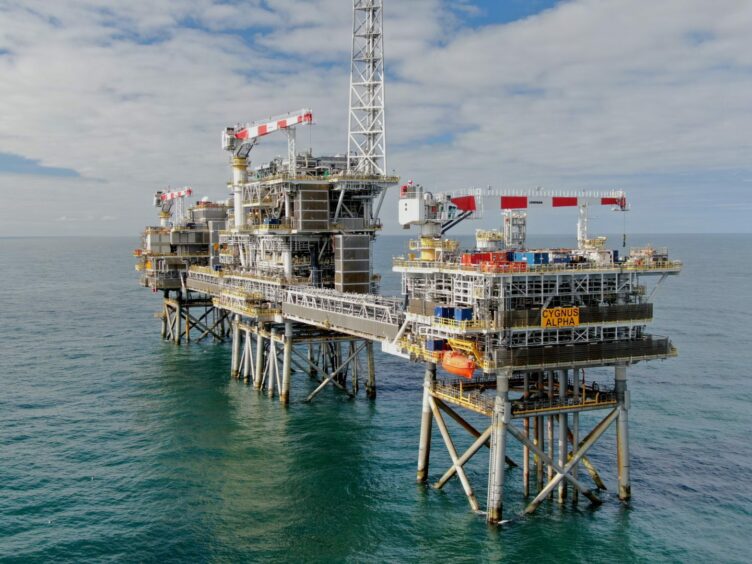
A top oil and gas analyst has given reasoning for Neptune Energy’s decision not to go down the public listing route.
James Reid of Wood Mackenzie says Eni’s near $5 billion takeover gives Neptune’s top brass a “relatively clean exit” route, at a time when North Sea firms are struggling to improve their valuations.
A blend of factors – ranging from ESG strategies to tax changes – have combined to suppress the worth of UK oil and gas companies in the eyes of investors.
BP (LON: BP) and Shell (LON: SHEL) are both trading at significant discounts compared to their US counterparts, while Ithaca Energy’s (LON: ITH) chairman recently said that the firm’s share price doesn’t paint a true picture.
Neptune following the usual private equity cycle
An exit was always on the cards for the board of private-equity backed Neptune, after a number of years spent building the company up.
“They were approaching eight years, which is after the usual five to seven year cycle of private-equity investment,” explains Mr Reid, WoodMac’s senior research analyst, North Sea upstream.
But the Eni takeover means they can avoid the risks and complexities of an initial public offering (IPO), especially when the market is frosty.
Mr Reid said: “It’s a bit difficult to read through the comparisons of Var Energi (OSLO: VAR) and Ithaca Energy (two recent IPOs) because they’re on separate exchanges. But certainly Ithaca hasn’t performed brilliantly on the London Stock Exchange; Var faired slightly better in Oslo.
“Reading between the lines, the sentiment towards oil and gas at the moment isn’t great. Even though investors would have seen – especially with the gas weighted business – the potential for good returns, there is still that whole ESG focus. We saw this week demands that Barclays stop sponsoring Wimbledon because they fund some oil and gas projects.
“I think it may have potentially given Neptune more headaches, and if the share price hadn’t performed then it could have been problematic. So this seems like a cleaner exit for the board, rather than going down the IPO route.”
He added: “Neptune has retained the Germany business, which will almost inevitably be part of a different deal, potentially with another company in the fullness of time.”
Valuation towards the lower end of reports
Announced in June after months of speculation, Eni’s takeover of Neptune is due to go through at the start of next year, subject to regulatory clearance.
Neptune’s Norwegian assets will be carved out and handed over to Var – Eni has a controlling stake in the Oslo-listed operator.
The $4.9bn that was settled on was towards the bottom end of previously reported estimations, likely a reflection of fiscal hikes in the UK and the Netherlands, two of Neptune’s key regions.
Mr Reid said: “In the Netherlands there’s the solidarity tax, and obviously we’re all well versed in in the UK’s energy profits levy, which has led to several deals being pulled last minute. Then there are concerns about what might happen next year if a Labour government comes in – that has probably compressed valuations down a little bit.
“You would also imagine that Eni would have said there’s an additional downside risk; certainly within the UK portfolio there is some uncertainty. There is Cygnus – which is great, second biggest gas production asset in the North Sea – but Isabella is still undergoing appraisal and Seagull, a high value asset, is due to come on stream this year, but it’s still pre-production.
“There is still some risk involved, so you would think from Eni’s side that may have resulted in them suggesting a slightly lower offer than we have seen.”
Recommended for you


 © Supplied by Neptune Energy
© Supplied by Neptune Energy © PA
© PA © Supplied by Neptune Energy
© Supplied by Neptune Energy